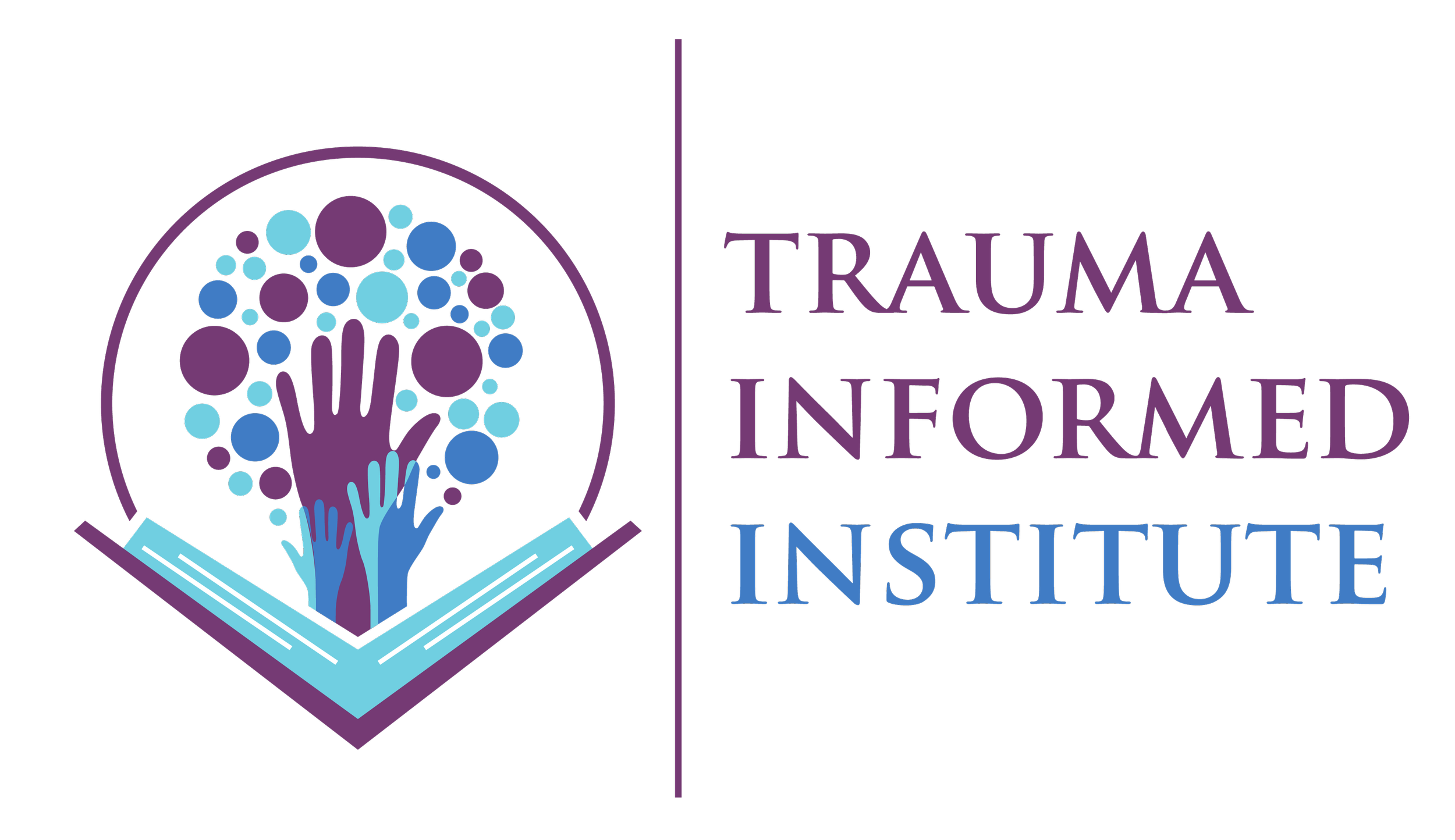Wellness is a combination of different aspects in our lives working together to maintain holistic health. Substance Abuse and Mental Health Services Administration (SAMHSA) has identified eight dimensions of wellness to focus on. This includes: emotional, spiritual, intellectual, physical, environmental, financial, occupational, and social.
Let us now take a look at each dimension and identify different activities we can do to help us achieve the ultimate goal- holistic health.
Emotional: This dimension is about coping effectively with our life challenges and building satisfying relationships. Being emotionally well allows us to feel good about ourselves and handle criticisms positively. It is being able to get back on your track after experiencing hardships- in short, being resilient. This can be practiced by doing some mindfulness exercises, doing things that we love during our free time, drinking a cup of tea, reading your favorite book, or just having a good talk with a friend. Simple tasks that will help us brighten our outlook in life.
Spiritual: Spiritual wellness focuses on our beliefs, expanding the sense of purpose and realizing the meaning of life. Involvement in different ministries, self-reflection, and prayer are some ways to strengthen spiritual health. Being consistent with our values is also great for spiritual awareness. Please take note that this is more than a religion, but rather a connection. Spiritual Wellness is maintained when we find contentment and peace within the chaos.
Intellectual: Fostering creativity and improving our skills is what intellectual wellness is about. Exploring the things we love and challenging our capabilities, knowledge, and understanding, and creating new experiences sharpen our intellectual health.
Social: Social wellness is developing our sense of connection to others. Our ability to comfortably interact with diverse individuals while understanding each difference and responsibility is key in this area. Creating and maintaining accountable people around us and working to become responsible global citizens optimize our social wellness.
Physical: Recognizing our body's need for adequate sleep and proper nutrition is very important in physical wellness. Engaging ourselves with exercises that can strengthen our body like running, yoga, sports, or any physical activities that will help us feel comfortable with our appearance is one of the goals in this area. Understanding our bodies and knowing when to seek medical care is also a must.
Environmental: Environmental wellness is defined as a stimulating environment that supports well-being. Our goal is to become aware of how our surroundings can affect us. Being in a place conducive to growth is essential. Imagine the impact it can bring if our place is clean and safe, rather than polluted and pure of violence. Our small gesture of not littering is a way of showing concern for our world's ecology and climate.
Financial: This encompasses our satisfaction and ability to manage current and future financial situations. This may be a struggle for most, especially when the pandemic started but there are some ways to achieve this status. Learning to control our finances without too much stress can be managed through budgeting. Knowing the resources available and prioritizing our needs is also a key step here. Understanding what we have and gaining control of it is one way to achieve financial wellness.
Occupational: Occupational wellness tackles our satisfaction with our work. Choosing work that fits our personality and personal core values and is financially rewarding is very important. This incorporates the integrative use of our skills, talents, interests, and positive relationships within our workplace. That is why being in a trauma-informed workplace is very important to maintain occupational wellness.
Together, we, Transform People. Transform Work.
Since the pandemic started, more people were encouraged to exercise for them to feel well and do well. How about you? In what dimension do you need help? We can assist you by booking a coaching consultation or requesting trauma-informed training with us today.


